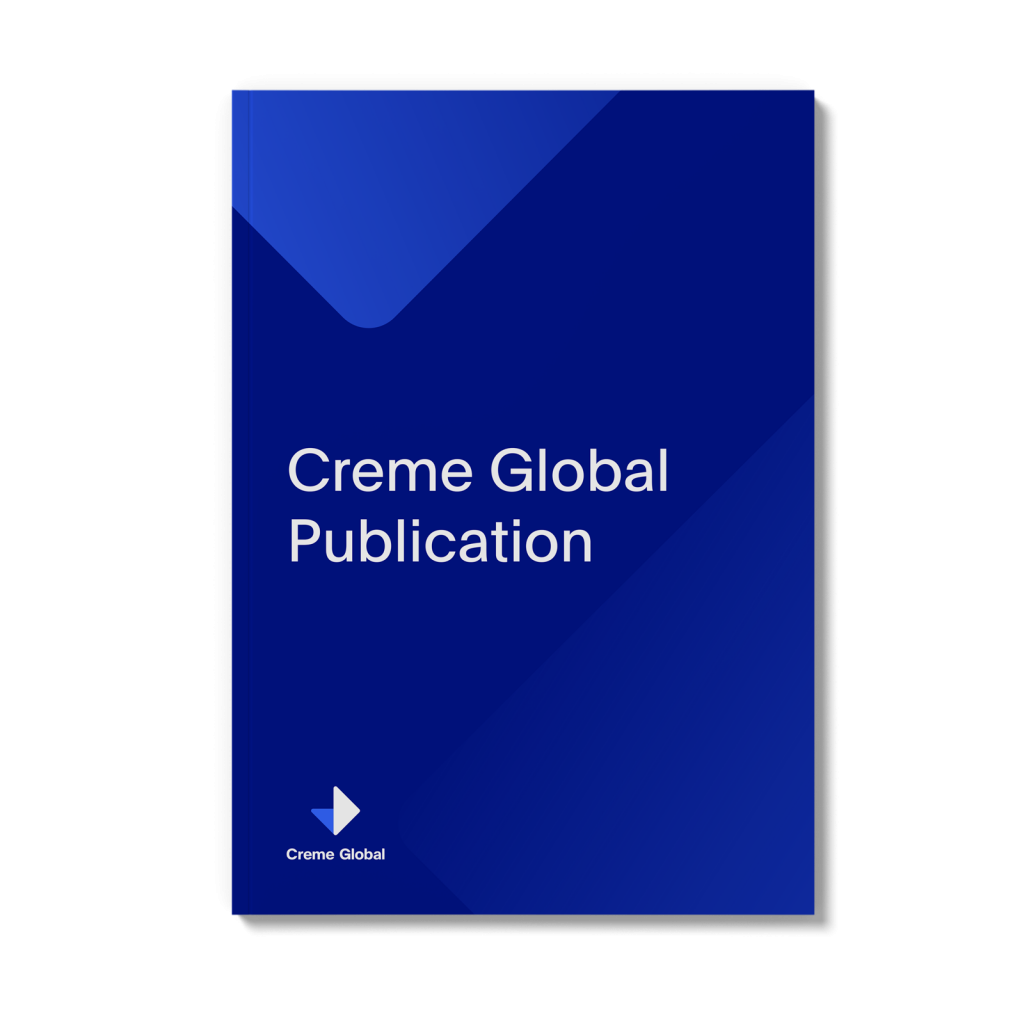This project quantified the impact that voluntary reformulation efforts of the food industry had on the Irish population’s nutrient intake. Nutrient composition data on reformulated products were collected from 14 major food companies for two years, 2005 and 2012. Probabilistic intake assessments were performed using the Irish national food consumption surveys as dietary intake data. The nutrient data were weighted by market shares replacing existing food composition data for these products. The reformulation efforts assessed, significantly reduced mean energy intakes by up to 12 kcal/d (adults), 15 kcal/d (teens), 19 kcal/d (children) and 9 kcal/d (pre-schoolers). Mean daily fat intakes were reduced by up to 1.3 g/d, 1.3 g/d, 0.9 g/d and 0.6 g/d, saturated fat intakes by up to 1.7 g/d, 2.3 g/d, 1.8 g/d and 1 g/d, sugar intakes by up to 1 g/d, 2 g/d, 3.5 g/d and 1 g/d and sodium intakes by up to 0.6 g/d, 0.5 g/d, 0.2 g/d, 0.3 g/d for adults, teenagers, children and pre-school children, respectively. This model enables to assess the impact of industry reformulation amongst Irish consumers’ nutrient intakes, using consumption, food composition and market share data.
Pigat, S., Connolly, A., Cushen, M., Cullen, M. & O’Mahony, C.
International Journal of Food Sciences and Nutrition
19/02/2018
Download Publication >>>
A probabilistic intake model to estimate the impact of reformulation by the food industry among Irish consumers. Int. J. Food Sci. Nutr. 0, 1–8 (2018).

Authors: Pigat, S., Connolly, A., Cushen, M., Cullen, M. & O’Mahony, C.
Keywords: Probabilistic, dietary intake, industry, sugar, food choice, sodium, fatty acid